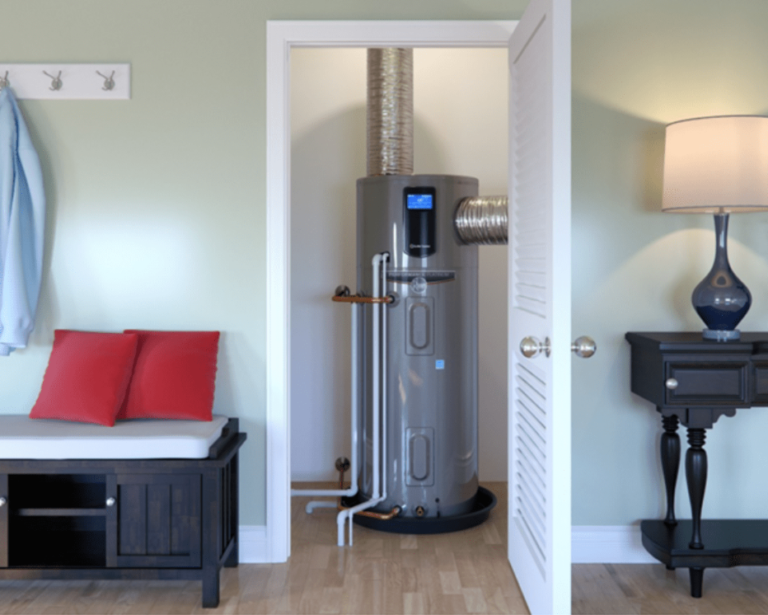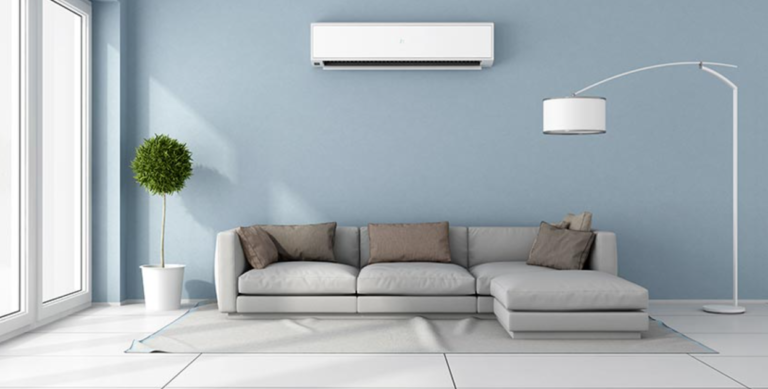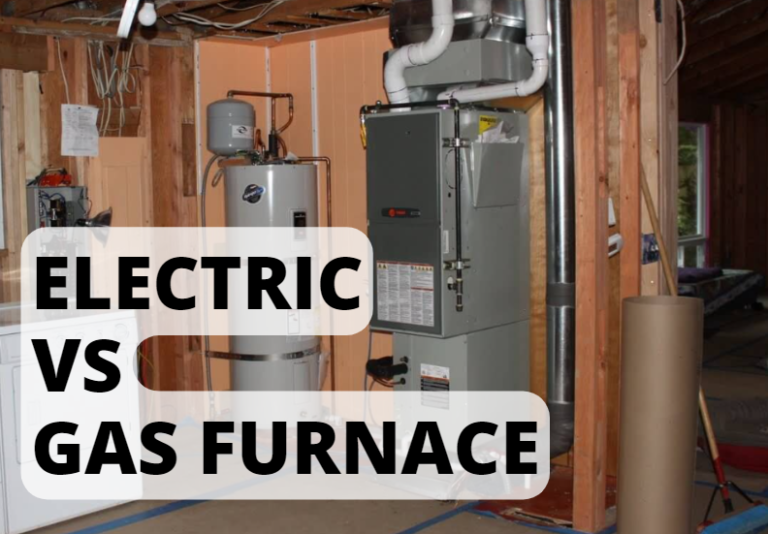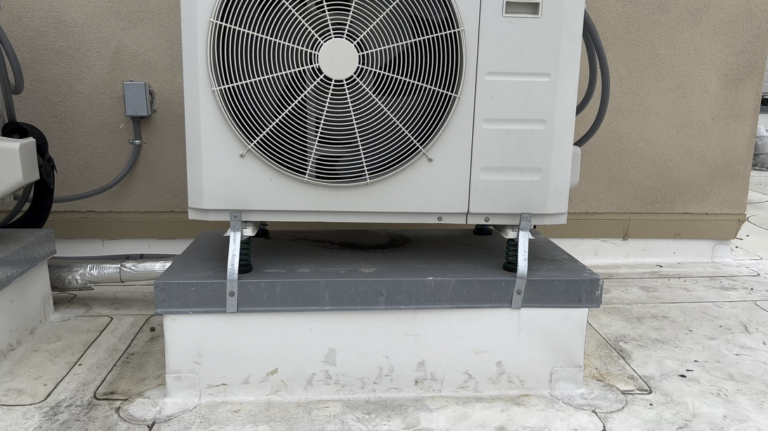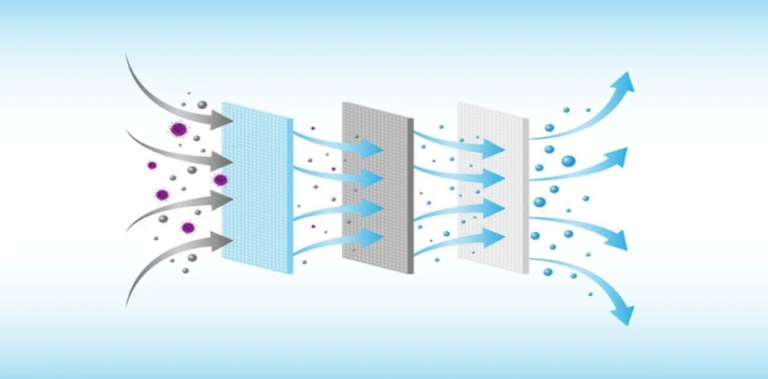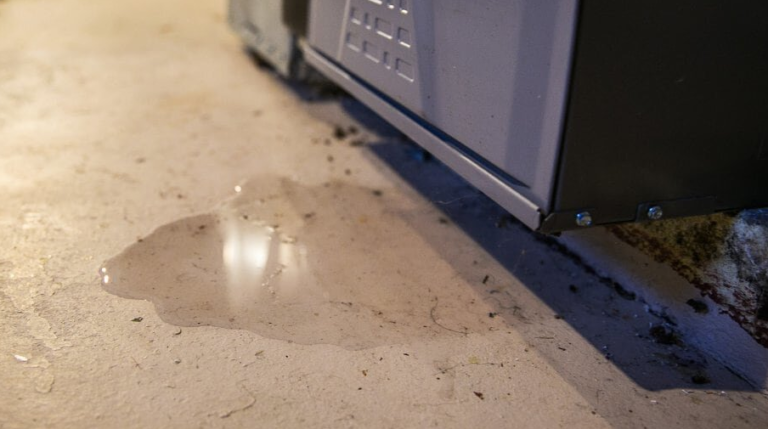15 Most Common AC Problems and How to Solve Them
Air conditioners are one of the most essential pieces of equipment in hot weather climates. They keep homes and businesses cool, which makes them much more comfortable to live and work in.
Unfortunately, air conditioners can also be one of the most frustrating things when they break down. Not only is it uncomfortable to be in a hot, stuffy room, but it can also be expensive to fix the problem.
15 Most Common AC problems
There are a number of different problems that can occur with air conditioners, but some are more common than others.
Here are 15 of the most common AC problems:
1. Lack of maintenance
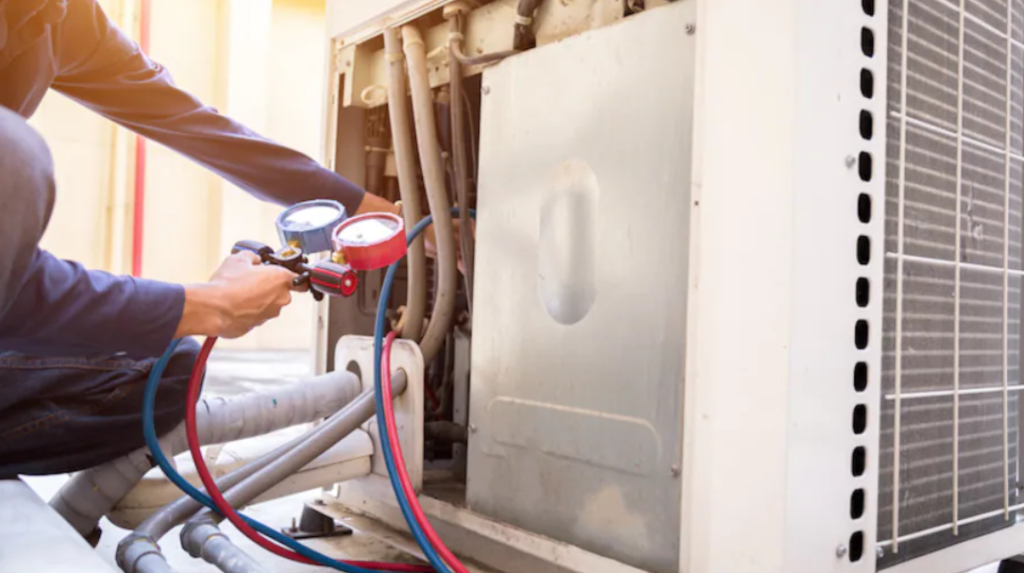
One of the most common AC problems is a lack of maintenance. Just like any other piece of equipment, air conditioners need to be regularly cleaned and serviced in order to keep them running properly. When they aren’t, it’s much more likely that something will go wrong.
2. Dirty air filters
If your air conditioner isn’t working as well as it used to, one of the first things you should check is the air filter. A dirty air filter not only reduces the efficiency of your AC, but it can also cause a number of other problems.
One of the most common AC problems caused by a dirty air filter is reduced airflow. When the air filter is clogged, it restricts the flow of air through the AC unit. This can lead to a number of problems, including decreased cooling capacity and increased energy consumption.
A dirty air filter can also cause leaks. The air filter is located between the indoor and outdoor units of your AC system. If it becomes clogged, it can cause the indoor unit to leak water. This can be a major problem, especially if the leak is in an area where it can cause water damage to your home.
Finally, a dirty air filter can cause overheating. When the air filter is clogged, it prevents proper airflow through the AC unit. This can cause the unit to overheat, which can lead to a variety of problems, including decreased efficiency and premature failure of components.
If you suspect that a dirty air filter is causing problems with your AC unit, it’s important to have it checked and replaced as soon as possible. A qualified HVAC technician will be able to clean or replace your air filter and get your AC unit back up and running properly.
3. Frozen coils
If your air conditioner is having trouble starting up, or if it’s not cooling your home as efficiently as it used to, there’s a good chance that the problem is with the coils. The coils are what transfer heat from the inside of your home to the outside, so if they’re frozen, your AC won’t work properly.
There are two types of coils in your air conditioner: the evaporator coils and the condenser coils. The evaporator coils are located inside your home, while the condenser coils are located outside. Both types of coils can freeze, but it’s more common for the evaporator coils to freeze.
There are a few reasons why your coils might freeze. One is that the air conditioner is low on refrigerant. Refrigerant is what helps transfer heat, so if there’s not enough of it, the coils can’t do their job properly and they might freeze.
Another reason why the coils might freeze is that the air conditioner is set too low. If the temperature setting on your thermostat is lower than usual, it can cause the coils to freeze.
Finally, if the coils are dirty, they might also freeze. Dust and dirt can build up on the coils and prevent them from absorbing heat properly. When this happens, the coils can get too cold and freeze.
Related post: 8 Reasons your Air Conditioner Won’t Cool Below 75 °F
If you think that your coils might be frozen, there are a few things you can do to try to fix the problem. One is to turn off your air conditioner and let the coils thaw. This might take a few hours, so you’ll need to be patient. Once the coils have thawed, you can turn your AC back on and see if it works properly.
Another option is to turn up the temperature on your thermostat. This will help thaw the coils faster. Just make sure not to leave it turned up for too long, or you could end up damaging your air conditioner.
If neither of these options works, you might need to call a professional for help. They can check to see if there’s a leak in your system or if the coils need to be cleaned or replaced.
4. Refrigerant leaks
Your air conditioner’s job is to cool your home by circulating refrigerant through a closed loop. But if there’s a leak in that loop, the refrigerant can escape, and your AC won’t be able to do its job properly.
There are a few signs that you may have a refrigerant leak:
- Your AC isn’t cooling your home as well as it used to
- You hear hissing or bubbling noises coming from your AC unit
- Your AC unit has ice buildup on it
If you suspect you have a refrigerant leak, it’s important to call a professional AC repairman right away. Refrigerant leaks can be dangerous, and they’ll only get worse if they’re not fixed.
5. Thermostat issues
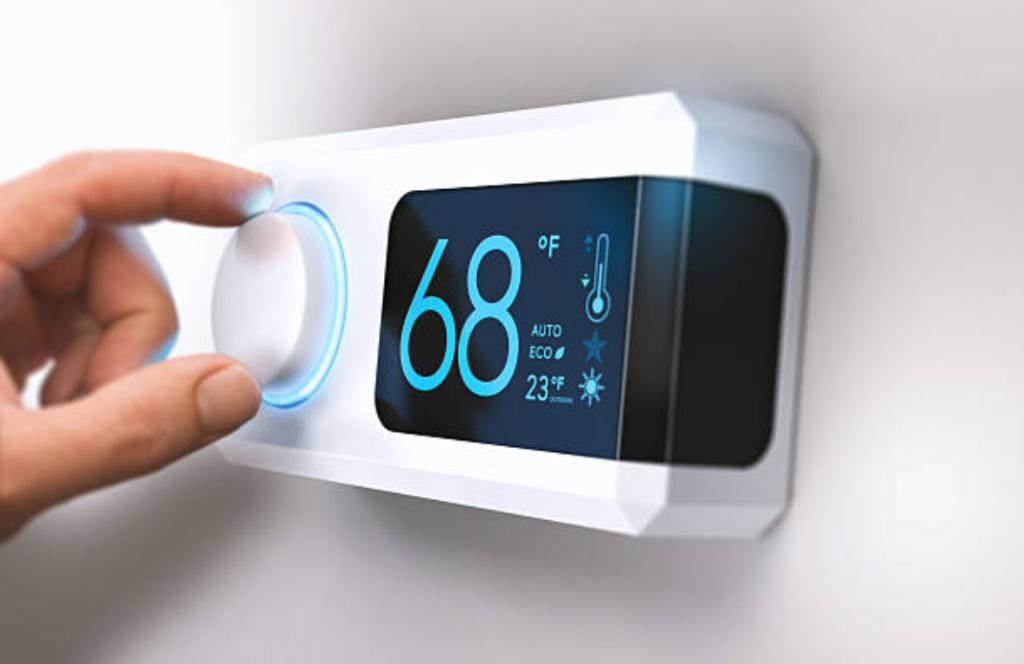
Here are some of the most common AC problems that are caused by thermostat issues:
1. Incorrect Thermostat Placement
Your thermostat should be placed in a spot where it can accurately gauge the temperature of your home. If it’s placed in an area that is too hot or too cold, it will throw off the reading and cause your AC unit to work harder than necessary to reach the desired temperature.
2. Dirty Thermostat Sensors
The sensors inside your thermostat can become dirty over time, which can cause inaccurate readings. Be sure to clean the sensors regularly with a soft cloth or cotton swab.
3. Dead Batteries
If your thermostat is battery-operated, it’s important to check the batteries regularly and replace them when needed. Dead batteries can cause all sorts of issues, including incorrect temperature readings and strange display messages.
4. Loose Wiring
If the wiring on your thermostat is loose, it can cause all sorts of problems, including inaccurate readings and shorts that can damage your AC unit. Be sure to check the wiring regularly and tighten any loose connections.
5. Old Thermostats
Just like any other electronic device, thermostats can wear out over time. If your thermostat is more than 10 years old, it might be time to replace it with a new one.
6. Ductwork leaks
Ductwork is the system of channels and pipes that carry cool air from your AC unit into your home. Over time, these pipes can develop leaks due to wear and tear or damage. These leaks can be small and unnoticeable, or they can be large and cause major issues.
If you suspect that you have a ductwork leak, there are a few things you can do to check. First, take a look at your AC unit. If there is water pooled around it or on the ground nearby, this could be a sign of a leak. Next, head inside and see if there are any noticeable drafts in your home. If you feel a draft coming from a certain area, this could also be indicative of a leak.
If you do find a leak, the first thing you should do is call a professional HVAC technician. They will be able to assess the situation and determine the best way to fix the problem. In some cases, the leak can be repaired with sealant or tape. However, in other cases, the entire section of ductwork will need to be replaced.
No matter how big or small the repair is, it’s important to get it fixed as soon as possible. Ductwork leaks can not only cause your AC unit to work less efficiently, but they can also lead to higher energy bills. In extreme cases, they can even cause water damage to your home. So if you suspect you have a leak, don’t hesitate to call a professional and get it fixed right away!
7. Clogged drains
When your AC’s evaporator coils get cold, they can cause water to condense and drip into a pan below. That water is then supposed to be drained out of your home through a pipe. But if that pipe gets clogged, the water can start to back up and overflow into your home.
There are a few things that can cause your AC’s drain to become clogged. The most common culprit is dirt, dust, and other debris. Over time, this can build up and block the pipe. Another possibility is that your drain pan might be too small. If it is, it can overflow before the water has a chance to drain properly.
If you think you might have a clogged AC drain, the first thing you should do is check the pan for water. If it’s full, empty it out and see if that solves the problem. If not, you might need to call in a professional to help clear the blockage.
8. Wiring issues
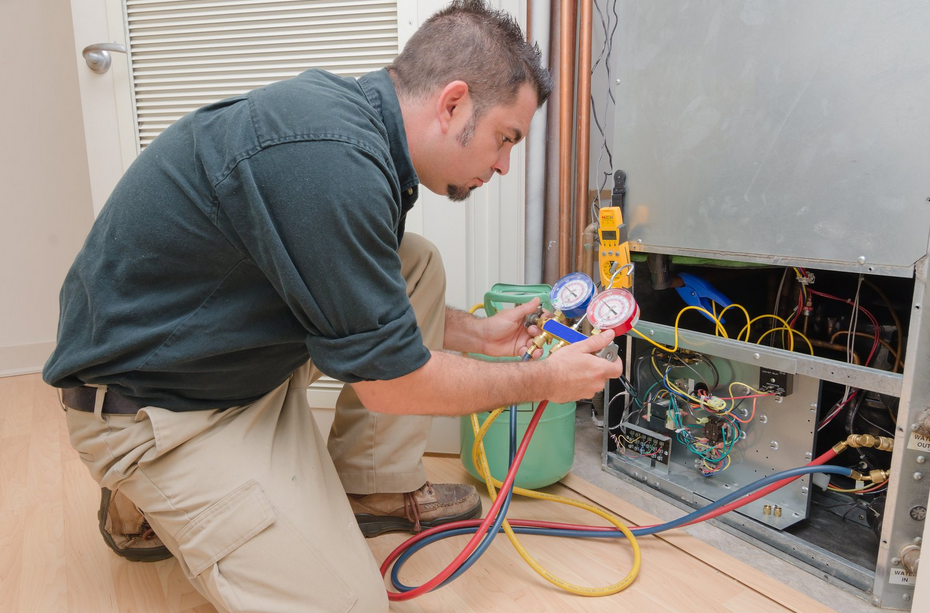
Many AC problems can be caused by faulty wiring, and this is one of the most common AC problems. There are a few things you can do to check for wiring issues:
- Check for loose wires. Loose wires can cause all sorts of problems, including shorts and electrical fires.
- Check for frayed wires. Frayed wires can also cause shorts and electrical fires.
- Check for bare wires. Exposed wires are a serious hazard and can shock you or start a fire.
- Check for damaged insulation. Damaged insulation can cause all sorts of problems, including shorts and electrical fires.
If you find any of these issues, it’s important to have them fixed as soon as possible by a professional.
9. Broken fans
If your AC is having trouble starting up, or if it’s blowing warm air, the first thing you should check is the fan. The fan is responsible for circulating air over the evaporator coils, which is what actually cools the air. If the fan isn’t working, the coils will get too hot and the AC won’t work.
There are a few things that can cause the fan to break. The most common is a blown fuse. Check the fuse box to see if there’s a blown fuse. If so, replace it and see if that fixes the problem.
Another possibility is that the fan motor itself has burned out. This is more serious and will require a bit more work to fix. First, try resetting the breaker. If that doesn’t work, you’ll need to call an AC technician to come and take a look.
Yet another possibility is that something is blocking the blades of the fan so it can’t spin properly. This could be something as simple as a leaf or piece of debris. Just clean it out and see if that does the trick.
10. Leaking ducts
There are a few ways to tell if you have leaking ducts.
The first is to take a look at your utility bills. If you’ve noticed that they’ve been gradually increasing even though your usage hasn’t changed, it could be because your AC system is working harder to compensate for the loss of air through leaks.
Another way to tell is to listen for any hissing sounds coming from your vents when the AC is running. These sounds indicate that there is air escaping from the ducts.
11. Cracked housings
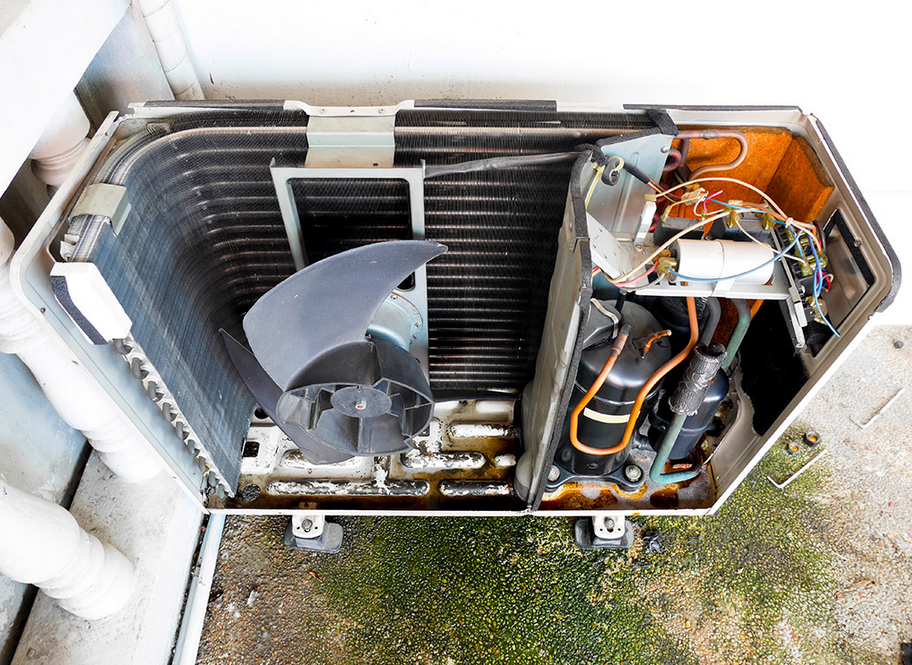
If you notice that your air conditioner’s housing is cracked, it’s important to have it repaired or replaced as soon as possible. Otherwise, you could be facing some serious consequences down the road. Here are just a few of the potential problems that can occur if you ignore a cracked housing:
1. Water damage
As mentioned above, one of the biggest dangers of a cracked housing is water damage. If water is able to enter the air conditioner, it can cause all sorts of problems, such as rusting of internal components and short-circuiting. In extreme cases, it could even lead to a fire.
2. Loss of refrigerant
Another problem that can occur if water enters the air conditioner is loss of refrigerant. Refrigerant is what helps to cool the air, so if it leaks out, the air conditioner will no longer be able to do its job properly.
3. Reduced efficiency
Even if there is no major damage done by a cracked housing, it can still lead to reduced efficiency. This is because cracks allow heat to escape from the air conditioner, making it work harder and use more energy in the process.
4. Complete failure
In some cases, a cracked housing can cause the air conditioner to fail completely. This usually happens when there is significant water damage or loss of refrigerant, but it can also occur simply due to age and wear and tear on the unit.
12. Damaged compressors
An air conditioner compressor is one of the most important parts of an AC unit, and when it becomes damaged, it can cause a number of problems. A damaged compressor can lead to poor cooling performance, increased energy costs, and premature failure of other AC components.
One of the most common causes of compressor damage is overheating. When an air conditioner overheats, it puts stress on the compressor, which can cause it to fail. Overheating can be caused by a number of factors, including a dirty air filter, a blocked condenser coil, or insufficient airflow.
Another common cause of compressor damage is low refrigerant levels. When an AC unit is low on refrigerant, it puts extra strain on the compressor, which can eventually lead to damage. Low refrigerant levels can be caused by leaks in the system, improper charging during installation, or faulty seals.
Related post: How does an AC Compressor Work? Info & Fixes
13. Noisy operation
If your air conditioner is making strange noises, it may be time to call in a professional. However, before you do, there are a few things you can check on your own. Many times, noisy operation is due to a simple problem that can be easily fixed.
One of the most common causes of noisy air conditioners is simply loose hardware. Over time, screws and bolts can work themselves loose, especially if the unit vibrates during operation. You can check all of the screws and bolts to see if they need to be tightened. If you don’t feel comfortable doing this yourself, or if you can’t seem to find the source of the noise, call in a professional.
Another common cause of noisy air conditioners is dirt and debris build-up on the fan blades. The fan blades are what move the air through the unit, so if they’re dirty, they won’t operate as efficiently. This can not only lead to noise, but also decreased cooling capacity and increased energy consumption. You can clean the fan blades yourself with a soft cloth or brush. Be careful not to bend them, as this can cause permanent damage.
14. Vibration
If your air conditioner is vibrating, it could be a sign that something is wrong. While a certain amount of vibration is normal, excessive shaking could indicate an issue with the unit. Common causes of air conditioner vibration include:
Loose components
If any of the bolts or screws holding your AC unit together are loose, it can cause the unit to vibrate. This is usually an easy fix—just tighten the bolts or screws.
Dirty coils
The coils inside your AC unit can become clogged with dirt and debris over time. When this happens, the unit has to work harder to cool your home, causing it to vibrate. To clean the coils, turn off the power to the unit and remove the fan cage. Use a soft brush to remove any dirt and debris, then rinse with water.
Faulty compressor
The compressor is one of the most important parts of your AC unit, and it can also be one of the most expensive to replace. If the compressor is bad, it can cause the entire unit to shake. If you suspect your compressor is faulty, call a professional for help.
Unbalanced fan blades
Over time, the blades on your AC unit’s fan can become unbalanced. This causes them to hit other parts of the unit, which can create a lot of vibration. To fix this problem, you’ll need to balance the fan blades. First, turn off the power to the unit and remove the fan cage. Then, check each blade to see if it’s level. If it’s not, use a wrench to carefully bend the blade until it’s level.
15. Smell
One of the most common causes of an unpleasant smell coming from an air conditioner is mold or mildew. Mold and mildew thrive in humid environments, so if your air conditioner is not properly draining, it can create the perfect conditions for these organisms to grow.
Another common cause of AC smells is dirty coils. The coils in your air conditioner are responsible for transferring heat, so they can get very dirty over time. When the coils are dirty, they cannot effectively transfer heat and the air conditioner has to work harder to cool the home. This not only makes the air conditioner less effective, but can also cause it to produce an unpleasant burning smell.

